The Impact of Environmental Policy Tools on Public Low-Carbon Travel in Xi'an
DOI: 10.23977/envcp.2024.030104 | Downloads: 21 | Views: 1515
Author(s)
Xi Huang 1
Affiliation(s)
1 Haojing College of Shaanxi University of Science and Technology, Xianyang, Shaanxi, 712000, China
Corresponding Author
Xi HuangABSTRACT
The realization of double carbon goal in China is a hot issue by means of promoting the public's low-carbon travel. In order to analyze the impact of environmental policy tools in Xi'an on public low-carbon travel behavior through a questionnaire survey, this paper proposes the hypothesis that environmental policy tools affect public low-carbon behavior, the 362 samples data show that: the high policy response of voluntary tools is conducive to improving the enthusiasm of the public to participate, and the economic incentive tools affect the cost and benefit of the public's travel choices and command-type policy tool mainly constrain the public's traffic travel rules. Environmental policy tools are an important mechanism to guide the public to choose low-carbon travel. Focusing on clear rules and regulations, flexible incentives, and smooth government-civilian interaction, it promotes the coupling of public low-carbon travel and the "dual-carbon" goal, and strengthens the public's green environmental protection.
KEYWORDS
Low-Carbon Travel, Environmental Policy Tools, Government-Civilian InteractionCITE THIS PAPER
Xi Huang, The Impact of Environmental Policy Tools on Public Low-Carbon Travel in Xi'an. Environment and Climate Protection (2024) Vol. 3: 27-33. DOI: http://dx.doi.org/10.23977/envcp.2024.030104.
REFERENCES
[1] Xu J J. Ecological consumption: A new orientation of human consumption development model in the 21st century.] Northern Treatise, 2007 (6): 127-131.
[2] Xu Shengguo, Chu Chunli, Ju Meiting, Shi Jikai, Peng Qian, Jiang Guimei. Review on "Green consumption" research [J]. Ecological Economics,2014,30(07):65-69.
[3] Wang Jianming, Li Ayong, Wang Yiwei. How does online green interaction affect shared green consumption behavior?—natural associativity adjustment [J/OL]. Journal of nanjing university of technology (social science edition): 2021:1-17
[4] Zhuang G. Concept identification and policy Framework of low-carbon consumption. People's Forum • Academic Frontiers, 2019(2):47-53.
[5] Chen Zhenming. Research on Government Tools and Improvement of government management Mode: On the rise, theme and significance of research on government tools as a new branch of public management [J]. Chinese Administration, 2004(06):43-48.
[6] Chen Qingyun. Public Policy Analysis [M]. Beijing: Peking University Press, 2006:81-90.
[7] Lu Zhikui. The choice of public policy tools: A new perspective of policy implementation research [J]. Pacific Journal, 2006(05): 7-16.
[8] Chen Zhenming, Zhang Min. Research progress of domestic policy tools: 1998-2016 [J]. Journal of Jiangsu Administration University, 2017(06): 109-116.
[9] Li Fugui. New exploration of government tools [J]. Chinese Administration, 2018, (01): 76-80.
[10] Li Shenglan, Li Tianyuan. The improvement and reform direction of compound environmental policy instrument system: a theoretical analysis framework [J]. Journal of sun yat-sen university (social science edition), 2021, 21 (02): 155-165. The DOI: 10.13471 / j.carol carroll nki jsysusse. 2021.02.017.
[11] Ding Huang, Yang Daifu. The perspective, research approach and model construction of policy tool selection [J]. Administrative Forum, 2009, 16 (03): 21-26.
| Downloads: | 684 |
|---|---|
| Visits: | 41320 |
Sponsors, Associates, and Links
-
International Journal of Geological Resources and Geological Engineering
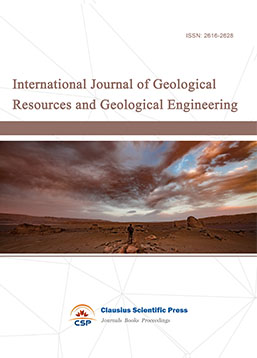
-
Big Geospatial Data and Data Science
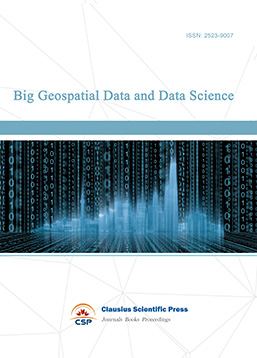
-
Solid Earth and Space Physics
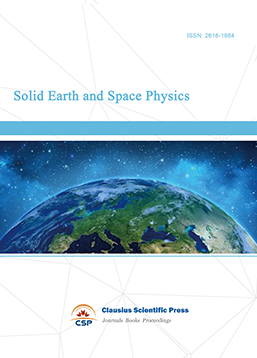
-
Journal of Cartography and Geographic Information Systems
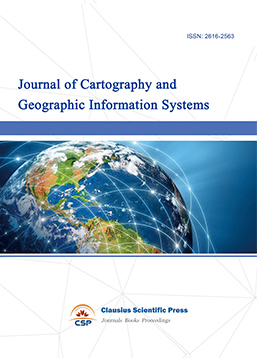
-
Environment, Resource and Ecology Journal
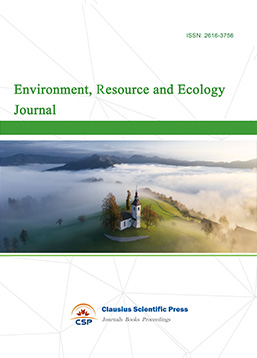
-
Offshore and Polar Engineering
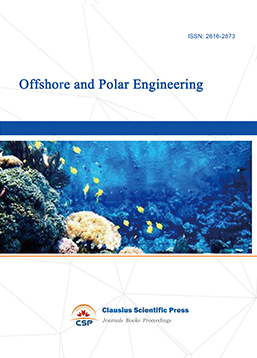
-
Physical and Human Geography
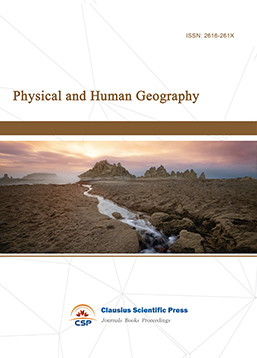
-
Journal of Atmospheric Physics and Atmospheric Environment
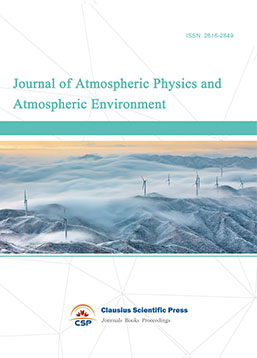
-
Trends in Meteorology
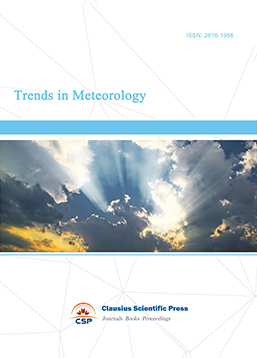
-
Journal of Coastal Engineering Research
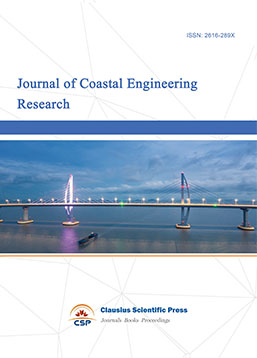
-
Focus on Plant Protection
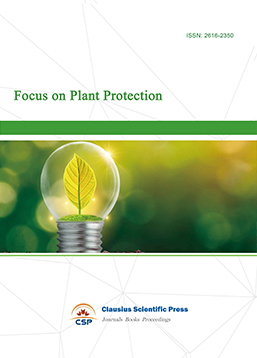
-
Toxicology and Health of Environment
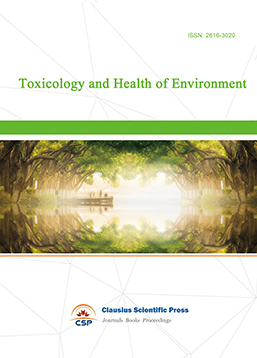
-
Geoscience and Remote Sensing
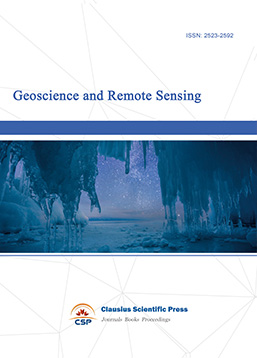
-
Advances in Physical Oceanography
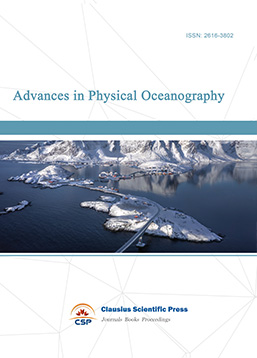
-
Biology, Chemistry, and Geology in Marine
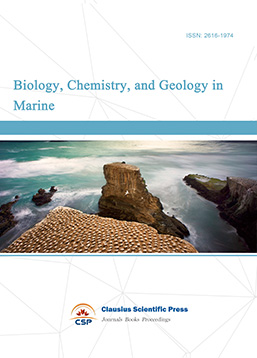
-
Water-Soil, Biological Environment and Energy
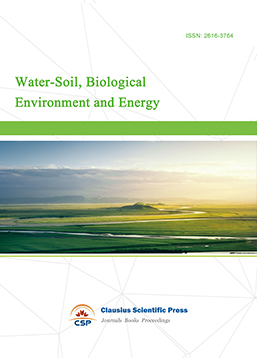
-
Geodesy and Geophysics
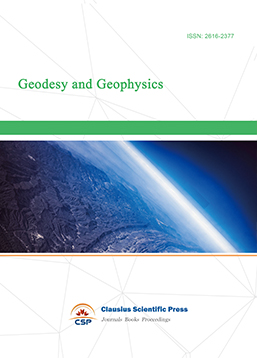
-
Journal of Structural and Quaternary Geology
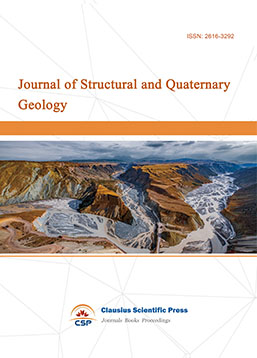
-
Journal of Sedimentary Geology
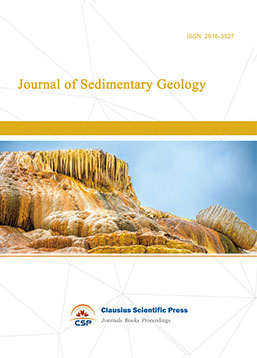
-
International Journal of Polar Social Research and Review
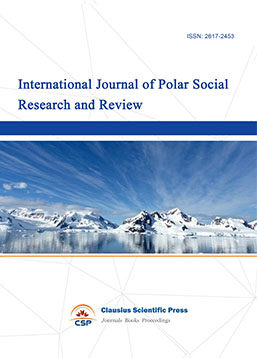

 Download as PDF
Download as PDF